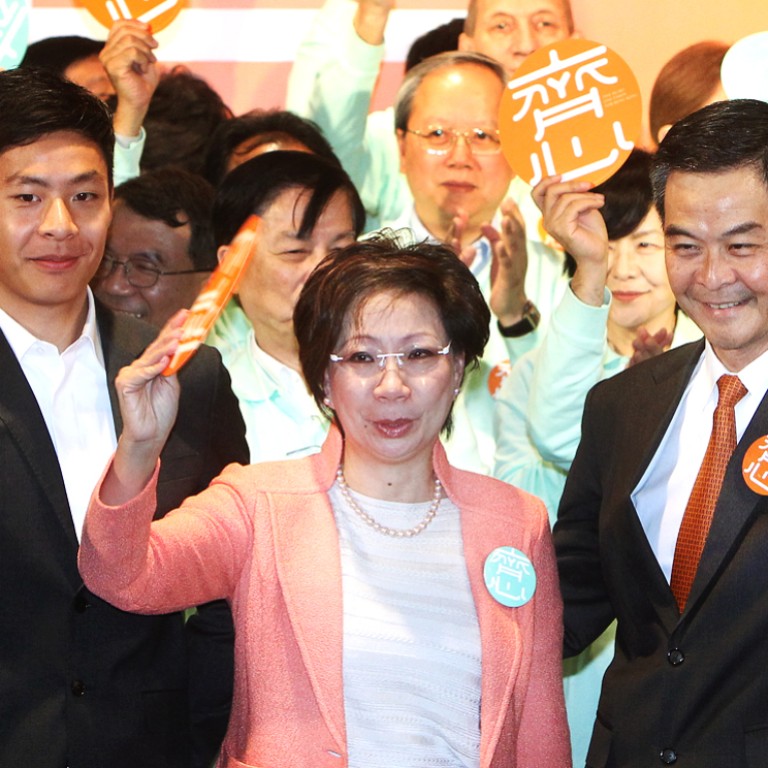
Media invents scandal to smear C.Y. and son
Hong Kong's media has sunk into a cesspool. Unproven accusations are presented as facts to manufacture scandals.
Hong Kong's media has sunk into a cesspool. Unproven accusations are presented as facts to manufacture scandals. Self-serving politicians then fan these fake scandals by demanding investigations. Innocent people are dragged through the mud, as happened to Franklin Lam Fan-keung, who had to quit as an executive councillor even though a graft inquiry showed he didn't profit from insider information as alleged. And hot on the heels of unproven claims that Chief Executive Leung Chun-ying interfered with academic freedom come unproven allegations from the democracy camp's mouthpiece. Next Media, owned by Jimmy Lai Chee-ying, said Leung persuaded a property tycoon to donate HK$400 million to a Swedish medical institute so his son could get in. Next Media did not provide any evidence for this claim, but the democracy camp is already demanding an investigation. It doesn't matter that Leung's son was a top Cambridge PhD student and won a study award from the prestigious Croucher Foundation. It doesn't matter that his impressive academic credentials alone could have got him into Sweden's Karolinska Institute. It doesn't matter that he had applied to do research at the institute over a year before tycoon Lau Ming-wai made his donation to open a centre in Hong Kong. It doesn't matter that no tycoon, however rich, would part with HK$400 million purely at the urging of Leung. It doesn't matter that it would be virtually impossible for a chief executive to offer paybacks worth HK$400 million without being exposed. What matters is to never let the facts get in the way of a good story.
They wore face masks, waved colonial-era flags, and clashed with the police, who retaliated with batons and pepper spray. Sound familiar? But we are no longer shocked by scenes of young people clashing with police officers. Civil disobedience protests that lasted 79 days have numbed us. But don't be lulled into thinking last Sunday's confrontation, and the one a week earlier in Tuen Mun, were isolated incidents that won't snowball into something bigger. Unlike the Occupy movement, which lost public support after dragging on for too long, the protests against mainland visitors have considerable public sympathy. People are fed up with being overrun by millions of mainland shoppers. Most callers to a Chinese-language radio show last Monday told of daily lives being turned upside down by the sheer number of visitors to their districts. They spoke of rising prices, overcrowded malls, packed MTR trains, being unable to get a restaurant table and the proliferation of pharmacies serving mainlanders. The callers were not young radicals, but long-time residents of their districts. If that's not enough anecdotal evidence of an explosion in the making, what is? Surely, something is terribly wrong when visitor numbers reach a level that sparks a societal backlash. Anyone honest with themselves will agree that last year's total of 47.25 million mainland visitors crossed the line of what Hong Kong can handle. Public Eye is not against mainland visitors. But Hong Kong wants genuine tourists, not day-trippers and parallel-goods traders who make our lives hell.

